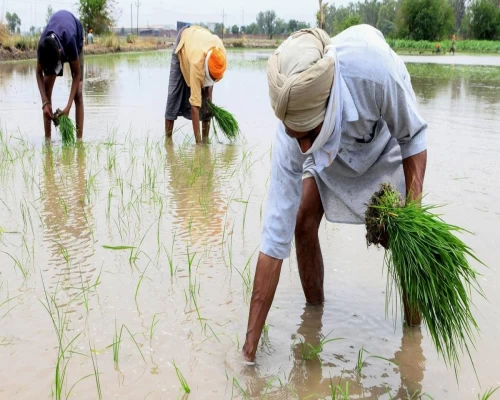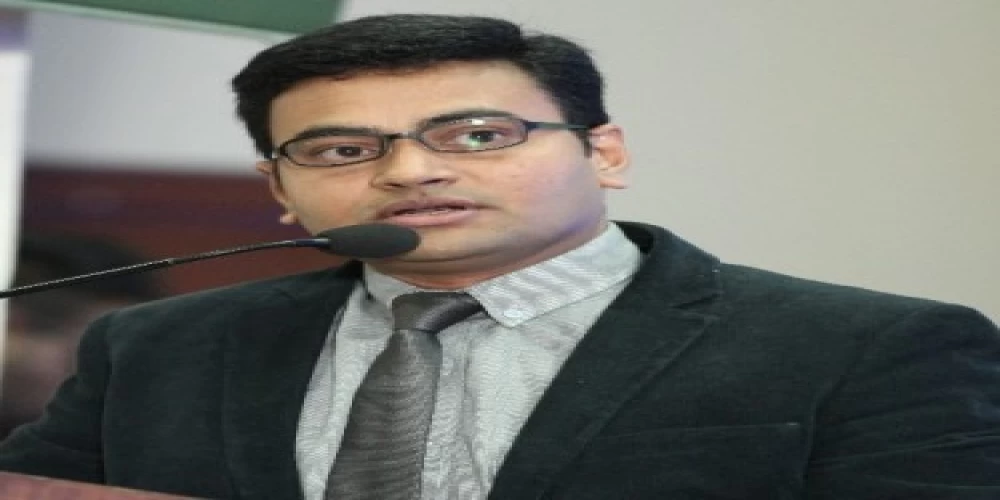
This year’s World Health Day theme of My Health, My Right conveys a strong message to all stakeholders to ensure access to quality healthcare. The seed industry believes in the paradigm “Health through Food” and a concerted policy framework to leverage the power of agricultural biotechnology to ensure food security and health for all. The industry is committed to rigorously work on science and innovation for food and nutrition security of 1.4 billion Indians.
According to the 2023 Global Hunger Index, India ranks distressingly low, with over 194.4 million people deprived of adequate nutrition. Hence, the need for transformative measures cannot be overstated.
At the heart of India's nutritional challenge lies the disparity between Recommended Dietary Allowances (RDAs) and actual dietary intake. Agricultural biotechnology offers a wide range of solutions to help people meet RDAs, for example, fortifying staple crops with essential nutrients. Embracing technologies including GM and gene editing presents greater opportunity for India to bridge this gap, ensuring that every citizen has access to nutritionally adequate food.
Beyond nutrition, these technologies also promise to bolster India's food security by enhancing crop resilience and yield mitigating the risks of short falls in production and consequent price volatility, thereby safeguarding the well-being of farmers and consumers alike.
Given the promises of agricultural biotechnology and New Breeding Techniques for addressing a wide array of challenges, the Industry advocates strongly for an enabling policy & regulatory framework. While public perception surrounding these innovative technologies remain edgy, it is imperative for policymakers to weigh the potential benefits against perceived risks and chart a course that prioritizes public health and food security.
There are great examples of how biotechnology can help. Worldwide, approximately 650,000 to 700,000 children lose their lives annually due to Pro-Vitamin A deficiency, with several hundred thousand more suffering from blindness caused by the same deficiency. Moreover, Pro-Vitamin A deficiency contributes to delayed growth, dry skin, infertility, and other health complications. A promising advancement in agricultural biotechnology aimed at addressing this deficiency is the creation of "golden bananas."
These bananas have been genetically engineered to contain beta-carotene, a precursor to vitamin A. Research indicates that regular consumption of golden bananas for as little as five years can substantially elevate vitamin A levels in individuals.
This innovation holds particular promise in regions where Pro-Vitamin A deficiency is prevalent, as it can aid in alleviating night blindness and other related health issues. The introduction of golden bananas, alongside other bio-fortified crops, stands to revolutionize the battle against malnutrition in India. This is especially noteworthy considering that India holds the distinction of having the largest area under banana cultivation globally. In fact, statistics reveal that 11% of the world's banana production area is located in India.
As the world reflects on health disparities, India stands at a crossroads. Adoption of innovative technologies holds the key to addressing malnutrition and securing a healthier future for generations to come. Thus, India can truly ensure a future where every citizen has access to nutritionally adequate food for leading a healthier life.
The writer is Executive Director, Federation of Seed Industry of India (FSII)


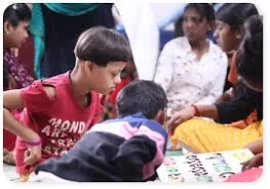

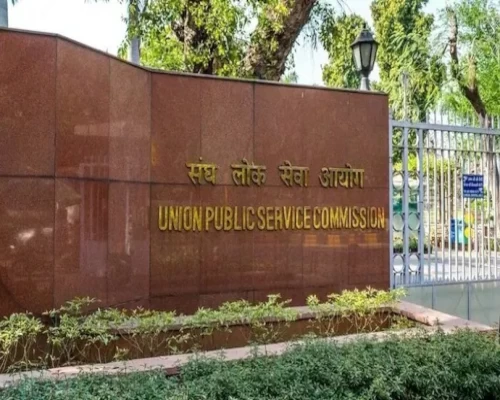
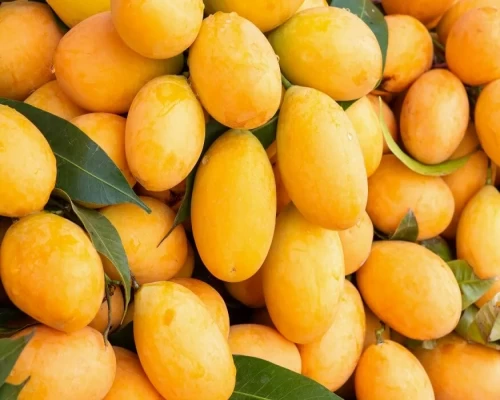



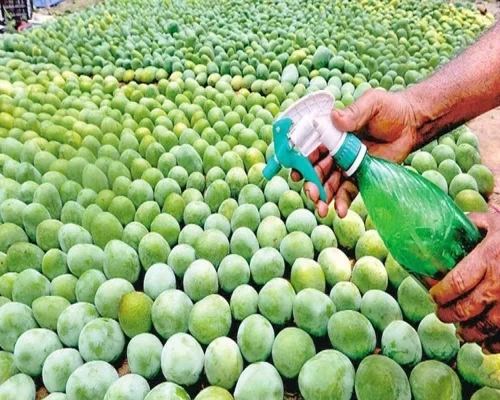
 (13)_500_x_400.webp)
